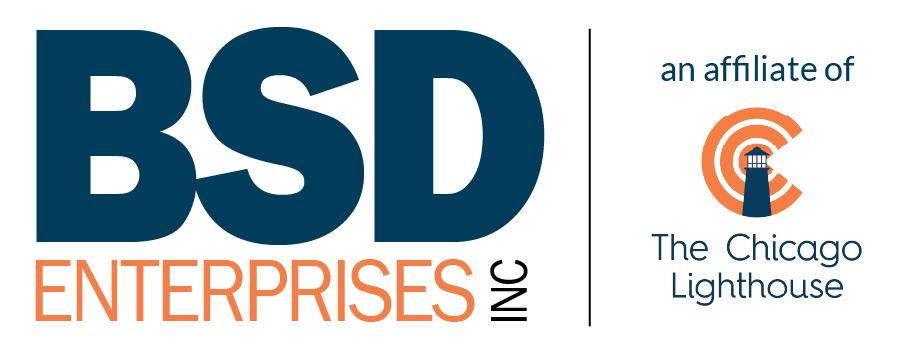Imagine you’re trying to talk to your healthcare provider in an emergency for yourself or a family member, and you’re left on an extended hold, or you have challenges communicating your concerns with the person who answers the phone.
Nearly one-third of patients surveyed by Accenture said they’ll switch providers after just one bad experience (the reality is that inertia probably depresses that number, but still…it’s a big number).
High hold times lead to high abandon rates, and a lack of experienced agents often leads to transfers and confusion. That’s particularly true for providers that want or need to expand services and locations.
There are valid reasons for turning to an offshore call center. I believe onshore centers often provide better long-term value through improved patient satisfaction and retention, reduced risk of compliance violations and data breaches, enhanced ability to handle complex healthcare inquiries, and better alignment with the healthcare provider’s brand and values.
But let’s look at the pros and cons of both approaches.
Why Outsource?
Healthcare providers often consider outsourcing their contact center operations to third-party offshore providers for several reasons:
- Cost Savings: Offshore outsourcing can significantly reduce operational costs due to lower labor costs in countries like India and the Philippines.
- Scalability: Offshore contact centers can quickly scale up or down based on demand.
- Access to Specialized Skills: Some providers have specialized skills and technologies that may not be available internally.
The Challenges of Offshore Outsourcing
Despite the potential benefits, offshore outsourcing comes with significant challenges:
- Language Barriers: These can lead to misunderstandings and frustration, particularly in sensitive healthcare interactions. An example from a Better Business Bureau complaint highlights this issue: “Each time I call customer service for My EPO, the representative doesn’t speak English as their first language. Because of this, they don’t understand the problem my wife is laying out for them and vice versa.”
- Cultural Differences: Differences in cultural norms and communication styles can impact the quality of customer interactions.
- Quality of Service: Offshore centers may not have the same level of training or experience as domestic centers. That can lead to higher rates of errors, longer hold times, and increased call transfers. In addition, proximity allows for easier oversight, quality control, and rapid problem-solving.
The Role of Technology
While technology like Patient Portals (PP) is becoming pervasive in the healthcare space, it is not a silver bullet. A University of Michigan study found older adults (ages 50-80) often use patient portals for tasks like getting test results and requesting prescription refills. But they still prefer phone calls for tasks such as requesting referrals, making appointments, and asking medical questions. This suggests that while portals are useful, top-notch phone service remains essential.
Symptoms of a Struggling Contact Center
Here are some indicators that a healthcare provider may need to reassess their contact center strategy:
- High Abandon Rates: More than 5% of patients hang up before being helped.
- Long Wait Times: Patient wait times exceed 60 seconds.
- Inaccurate Call Routing: Call routing accuracy is below 99%.
- Declining Patient Satisfaction: Satisfaction scores are trending downward.
- High Turnover: Turnover among call center representatives is high.
- Lack of Functionality: Inability to record patient calls and provide ongoing coaching and training.
Why Choose Onshore Contact Centers?
Given the challenges and high stakes, many healthcare providers are reconsidering offshore outsourcing. Domestic (onshore) contact centers like BSD Enterprises offer several advantages — most of which focus on the customer experience:
- Improved Communication: Agents are native English speakers, reducing language barriers.
- Higher Quality of Service: Domestic centers often have better training and more experience handling complex healthcare interactions.
- Familiarity and Assimilation: Designated teams ensure familiarity and assimilation into the client’s culture, leading to better customer service.
Transparency and Our Mission
At BSD Enterprises, our mission is to address these critical challenges. We also employ the visually impaired, disabled, and economically vulnerable populations (including veterans). By offering world-class customer care contact center services, we provide sustainable employment opportunities and foster workforce diversity, equity, and inclusion. We are 100% US-based agents serving the healthcare industry, ensuring the highest quality of service for your patients.
Karl Fischer, CCXP is vice president for customer solutions at BSD Enterprises in Wilmington, DE.

